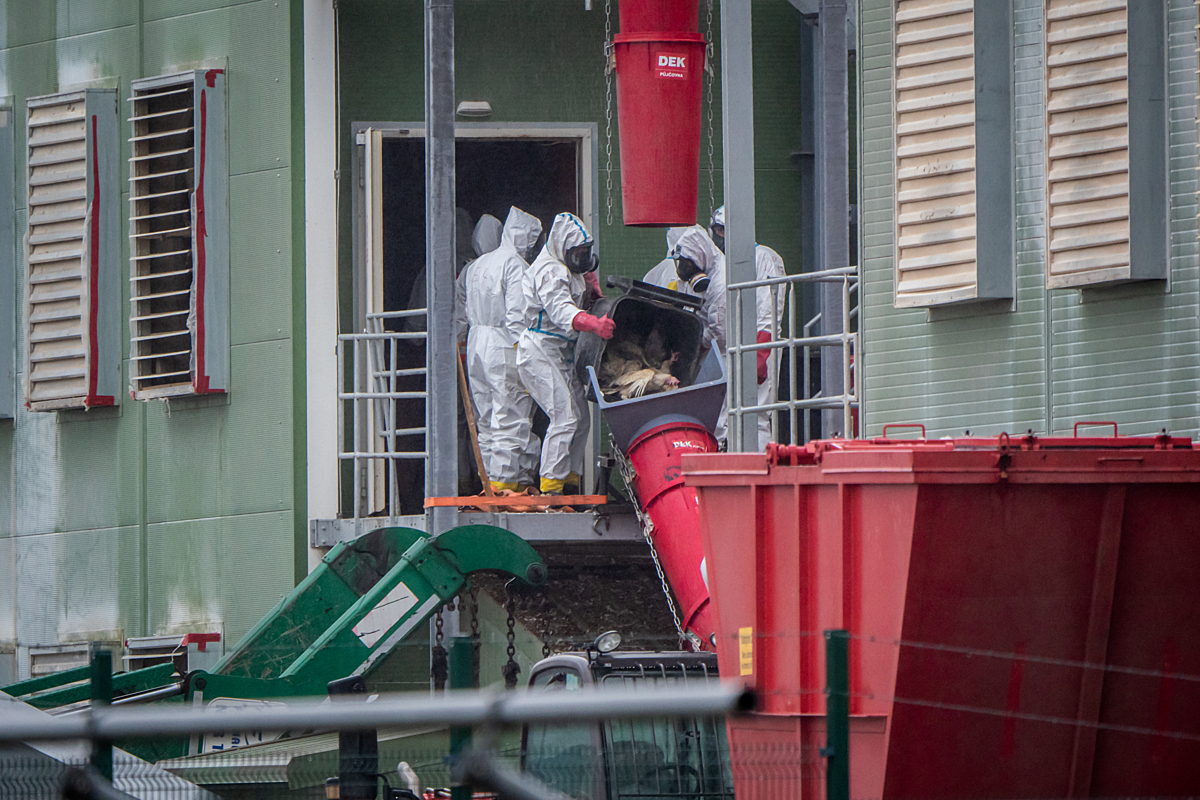After seeing the suffering involved in the egg industry, many consumers may switch to products with “humane” labels, such as organic or cage-free or free-range. These labels are designed to make you feel better about your purchase, but they are deceptive.
Knowing this, some good-intentioned people decide to buy chicks and raise them to provide eggs, thinking it’s a compassionate, kind option. However, the backyard chicken industry is not an alternative to factory farming: it’s part of it. When you buy chicks online, from catalogs, or at feed stores, you’re supporting the very same types of facilities that supply large egg producers.
If you’re considering buying backyard chickens—or know someone who is—here are five important points to consider.











